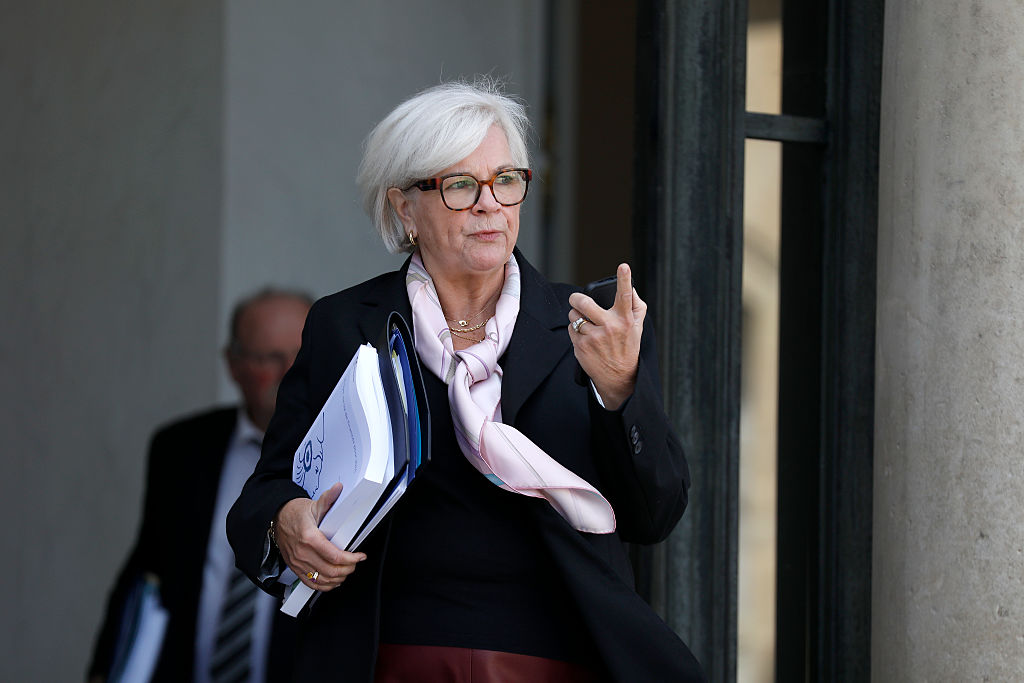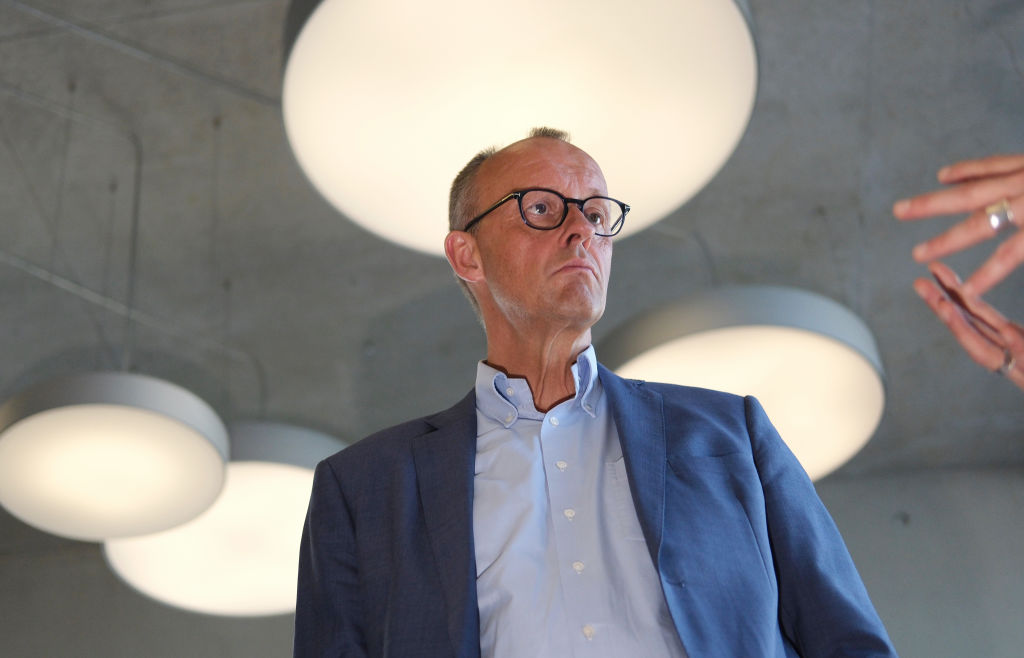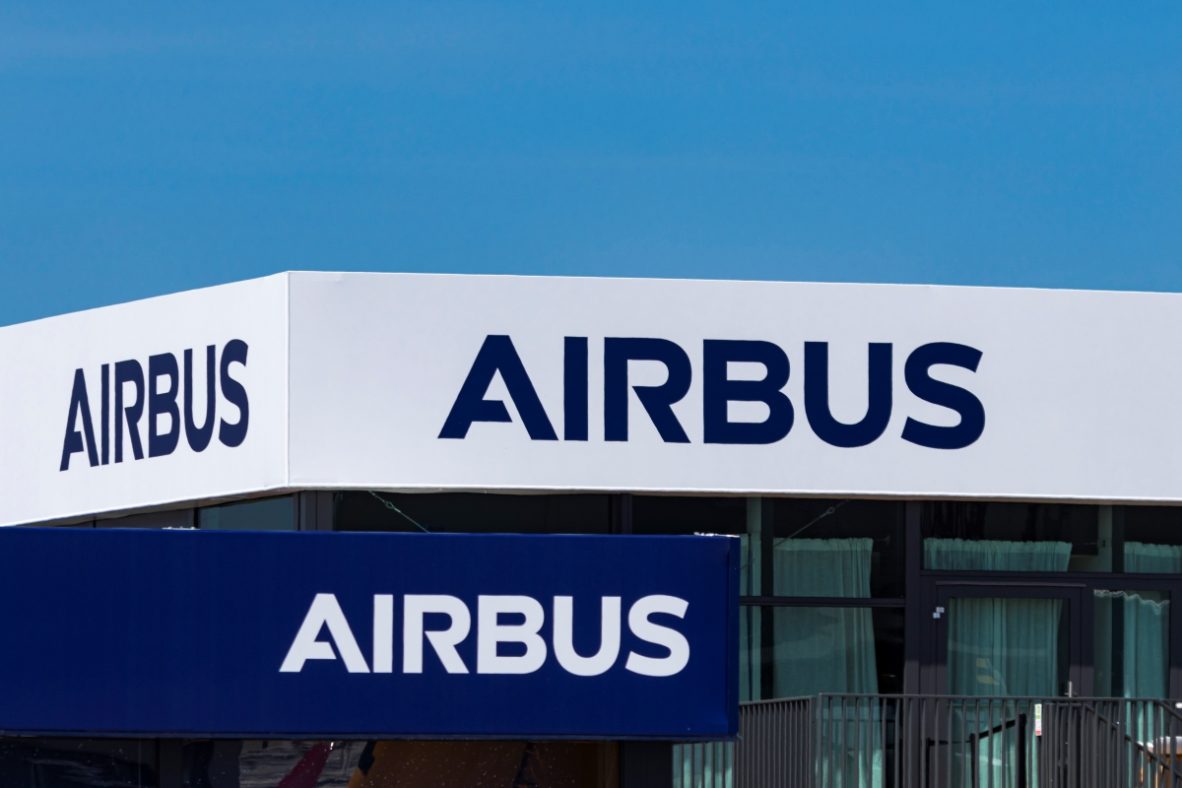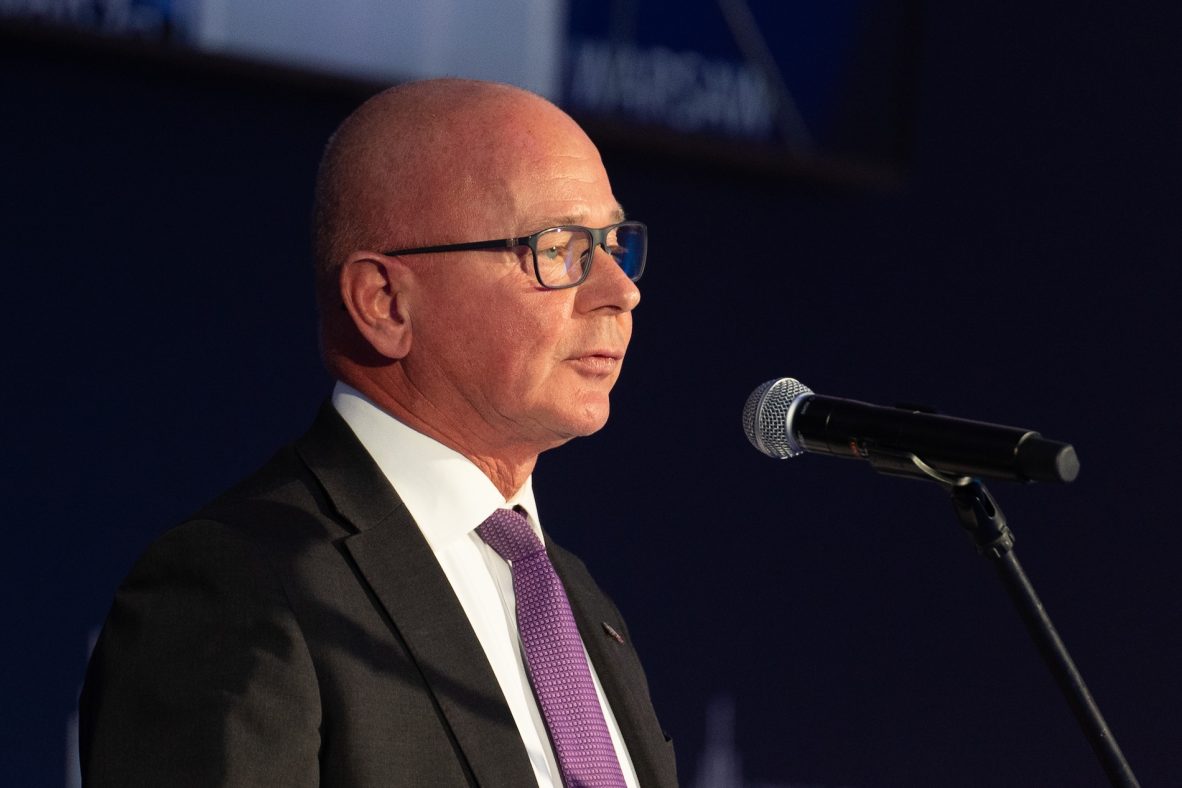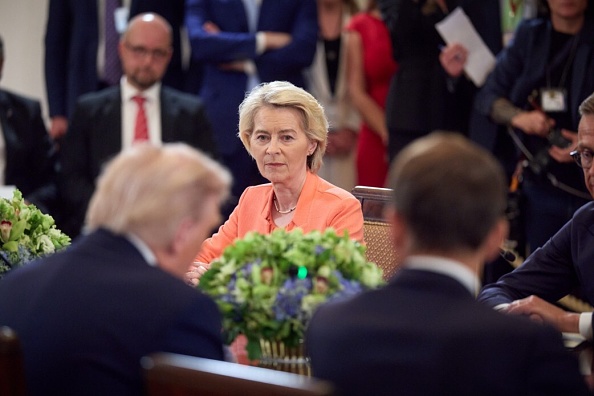Merkel says she misses nothing from German politics in interview
In a rare interview, Merkel defended her record on Russia, stood by her refugee policy, and praised long-time CDU rival turned Chancellor Friedrich Merz
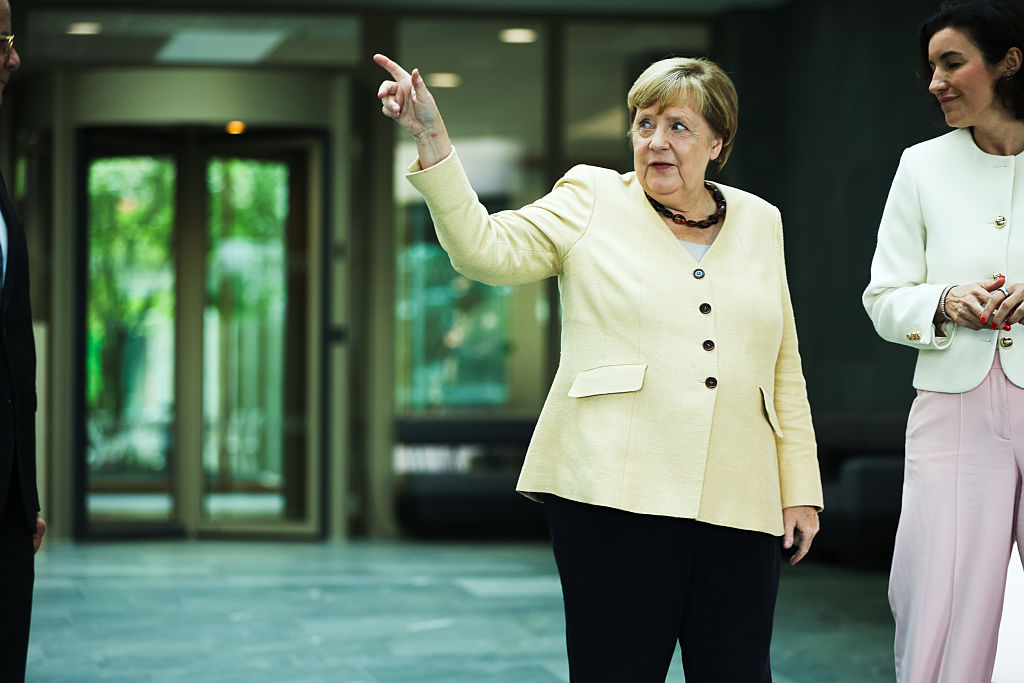
BERLIN – Angela Merkel, the soft-spoken but forceful chancellor who dominated German and European politics for 16 years, says there is “actually nothing” she misses about public life.
“I am grateful that I had such a long and exciting time. But I don’t need it anymore,” Merkel, who retired in early 2021, told Der Spiegel in a rare interview before a crowd at Berlin’s Admiralpalast theatre on Wednesday evening.
The former chancellor, who led Germany for 16 pivotal years, had surprisingly warm words for current Chancellor Friedrich Merz. The two Christian Democrats were long-time rivals, and Merkel’s dominance of the party once drove Merz out of politics for several years.
“As a citizen, I think what Friedrich Merz has done is good,” Merkel said. “To be honest, it’s a relief that Germany is once again presenting itself with charm and a strong voice in Europe and the world.”
Russia legacy
Few of Merkel’s positions as chancellor have drawn as much criticism as her approach to Russia. Under her leadership, Germany maintained close trade ties and deepened reliance on Russian energy even as President Vladimir Putin invaded Georgia in 2008 and illegally annexed Ukraine’s Crimean Peninsula in 2014.
Merkel has consistently defended her legacy on Russia and sought to justify her decisions as rational at the time in her lengthy memoirs published last autumn. On Wednesday, she suggested that she viewed Putin as a potential adversary from their very first meeting.
She recounted how Putin called the collapse of the Soviet Union “the greatest catastrophe of the 20th century.” Merkel, who spent her first 36 years in communist East Germany, said she replied: “What you now call the greatest catastrophe was the happiness of my life.”
That exchange, she said, made clear that “we are on two different sides”.
Migration and the far right
Merkel also reiterated her opposition to the far-right Alternative for Germany (AfD) and any cooperation between it and her old centre-right CDU. Earlier this year, she publicly rebuked Merz during the election campaign for relying on AfD support to push an anti-immigration resolution in parliament.
She defended her handling of the 2015 refugee crisis, when hundreds of thousands arrived in Germany. Her welcoming stance – epitomised by her famed remark, “wir schaffen das” (“we can do it”) – won global admiration at the time but was later rejected by many conservatives and vilified by the far right.
“We have done a lot, but of course not everything,” Merkel said on Wednesday, echoing that famous phrase.
But while she acknowledged shortcomings on migration, she once again argued that a harsh border crackdown – with police wielding water canons to turn asylum-seeking migrants away – would have been “unworthy of us as a country”.
(de, aw)




